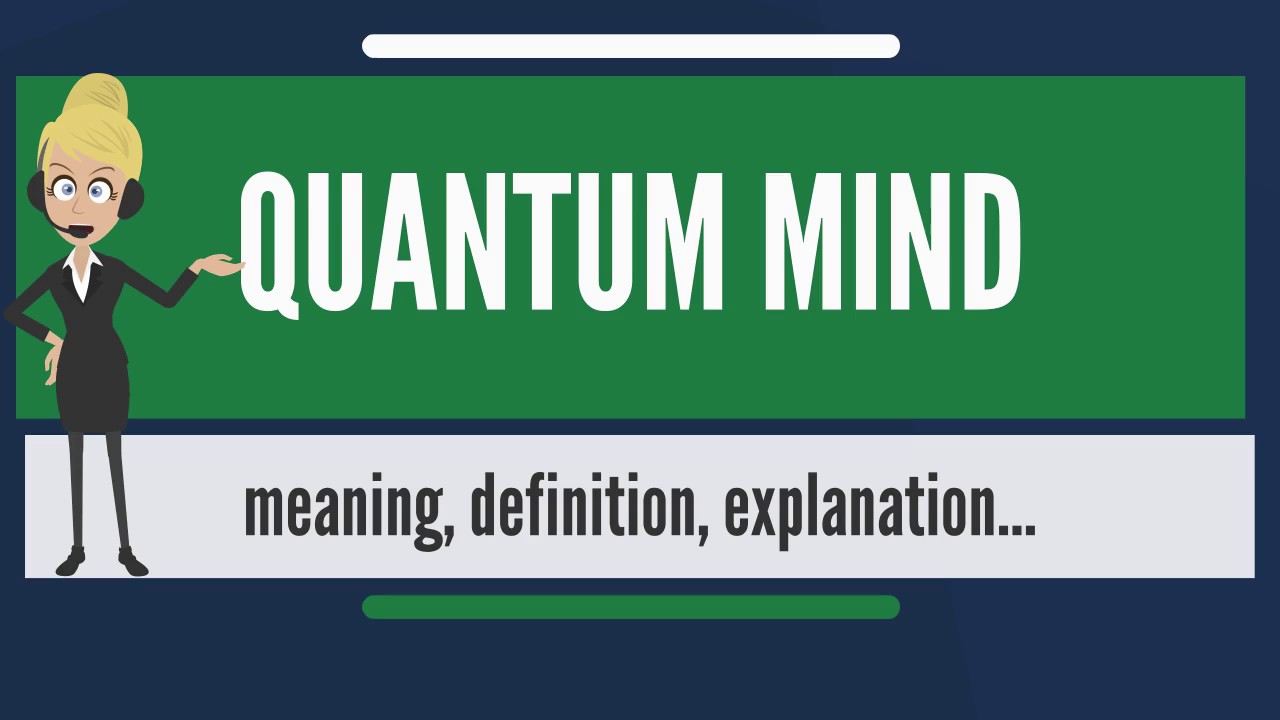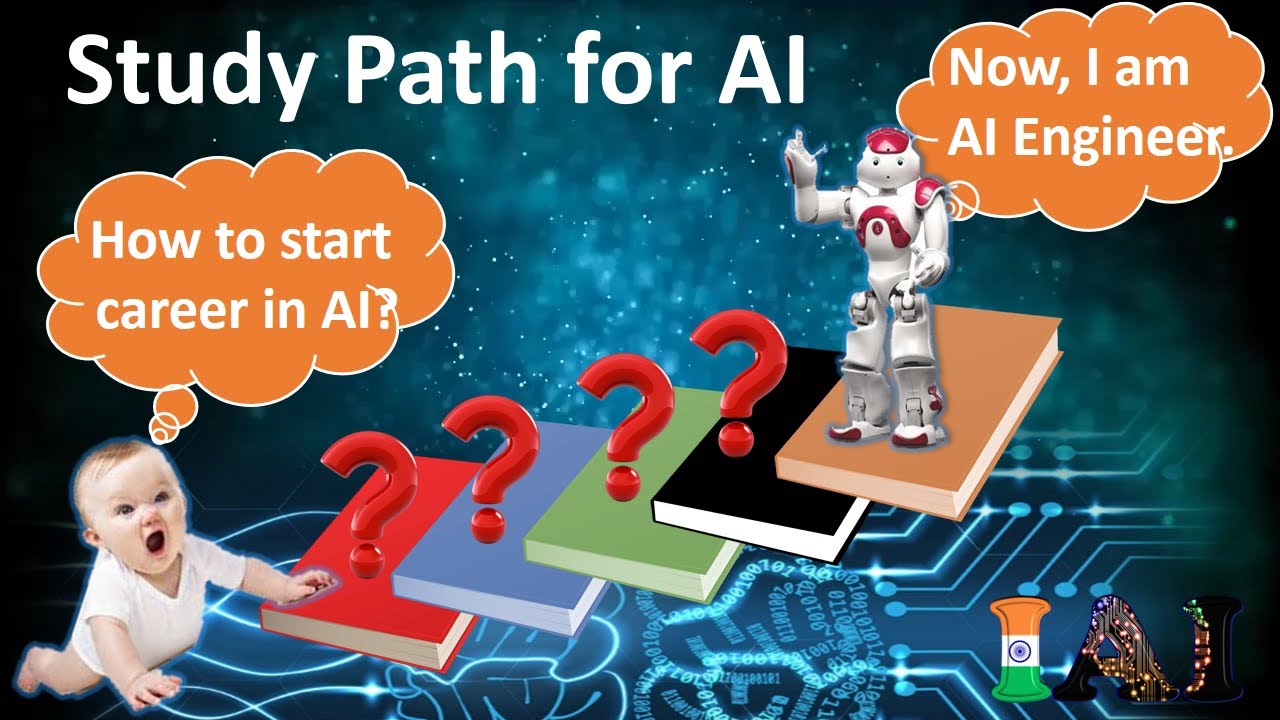The Audiopedia
What is QUANTUM MIND? What does QUANTUM MIND mean? QUANTUM MIND meaning – QUANTUM MIND definition – QUANTUM MIND explanation.
Source: Wikipedia.org article, adapted under https://creativecommons.org/licenses/by-sa/3.0/ license.
The quantum mind or quantum consciousness group of hypotheses propose that classical mechanics cannot explain consciousness. It posits that quantum mechanical phenomena, such as quantum entanglement and superposition, may play an important part in the brain’s function and could form the basis of an explanation of consciousness.
Eugene Wigner developed the idea that quantum mechanics has something to do with the workings of the mind. He proposed that the wave function collapses due to its interaction with consciousness. Freeman Dyson argued that “mind, as manifested by the capacity to make choices, is to some extent inherent in every electron.”
Other contemporary physicists and philosophers considered these arguments to be unconvincing. Victor Stenger characterized quantum consciousness as a “myth” having “no scientific basis” that “should take its place along with gods, unicorns and dragons.”
David Chalmers argued against quantum consciousness. He instead discussed how quantum mechanics may relate to dualistic consciousness. Chalmers is skeptical of the ability of any new physics to resolve the hard problem of consciousness.
David Bohm viewed quantum theory and relativity as contradictory, which implied a more fundamental level in the universe. He claimed both quantum theory and relativity pointed towards this deeper theory, which he formulated as a quantum field theory. This more fundamental level was proposed to represent an undivided wholeness and an implicate order, from which arises the explicate order of the universe as we experience it.
Bohm’s proposed implicate order applies both to matter and consciousness. He suggested that it could explain the relationship between them. He saw mind and matter as projections into our explicate order from the underlying implicate order. Bohm claimed that when we look at matter, we see nothing that helps us to understand consciousness.
Bohm discussed the experience of listening to music. He believed the feeling of movement and change that make up our experience of music derive from holding the immediate past and the present in the brain together. The musical notes from the past are transformations rather than memories. The notes that were implicate in the immediate past become explicate in the present. Bohm viewed this as consciousness emerging from the implicate order.
Bohm saw the movement, change or flow, and the coherence of experiences, such as listening to music, as a manifestation of the implicate order. He claimed to derive evidence for this from Jean Piaget’s work on infants. He held these studies to show that young children learn about time and space because they have a “hard-wired” understanding of movement as part of the implicate order. He compared this “hard-wiring” to Chomsky’s theory that grammar is “hard-wired” into human brains.
Bohm never proposed a specific means by which his proposal could be falsified, nor a neural mechanism through which his “implicate order” could emerge in a way relevant to consciousness. Bohm later collaborated on Karl Pribram’s holonomic brain theory as a model of quantum consciousness.
According to philosopher Paavo Pylkkänen, Bohm’s suggestion “leads naturally to the assumption that the physical correlate of the logical thinking process is at the classically describable level of the brain, while the basic thinking process is at the quantum-theoretically describable level.”
Theoretical physicist Roger Penrose and anaesthesiologist Stuart Hameroff collaborated to produce the theory known as Orchestrated Objective Reduction (Orch-OR). Penrose and Hameroff initially developed their ideas separately and later collaborated to produce Orch-OR in the early 1990s. The theory was reviewed and updated by the authors in late 2013.
…
Source



